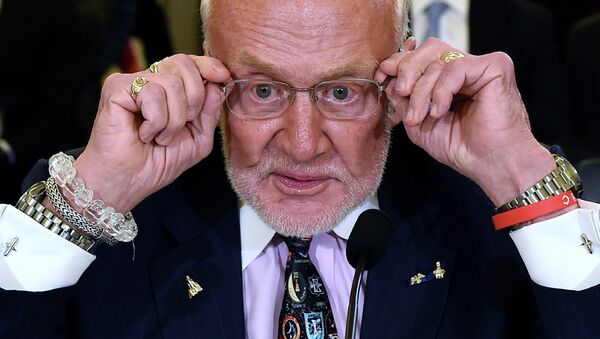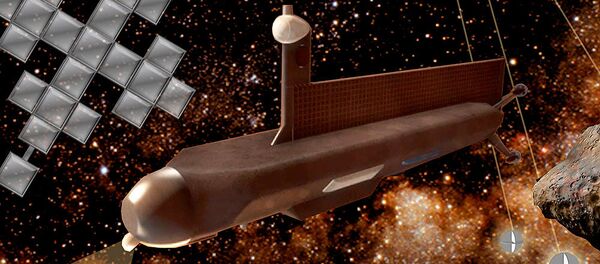The goal? A human colony on the Red Planet.
“Florida Tech has long been at the forefront of exploration—since the days of our founding in 1958, serving as the ‘night school for missilemen’ when America began the race for space at Cape Canaveral,” said Florida Tech President and CEO Anthony J. Catanese, according to FIT web page.
FIT will fund studies into the feasibility of a future Mars settlement. The concept is called Cycling Pathways to Occupy Mars, and its goal is to colonize Mars by first reaching its moons, Deimos and Phobos.
According to Aldrin, that goal could be achieved as soon as 2039, the 70th anniversary of his Apollo 11 mission.
The true value of #Apollo11 is the teamwork & innovation to land on the moon. WE CAME IN PEACE FOR ALL MANKIND. pic.twitter.com/3wcVacdbGw
— Buzz Aldrin (@TheRealBuzz) July 24, 2015
He also envisions the project as a series of 10-year-long duty missions, with a long-term, permanent presence in mind.
“The Pilgrims on the Mayflower came here to live and stay. They didn’t wait around Plymouth Rock for the return trip, and neither will people building up a population and a settlement [on Mars],” Aldrin said.
Aldrin, 85, gained his astronautics PhD from the Massachusetts Institute of Technology. The doctor has received three US patents for a modular space station, reusable rockets and multi-crew modules for space journeys.
Two former shuttle astronauts, Winston Scott and Sam Durrace, have also joined his Florida team.




